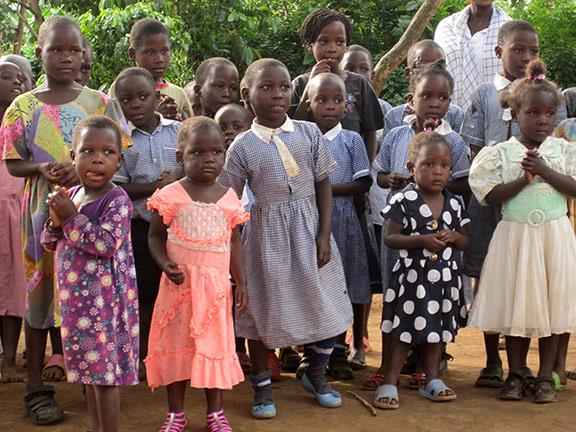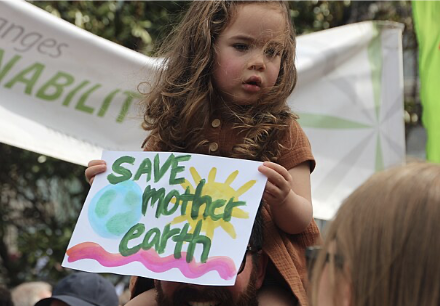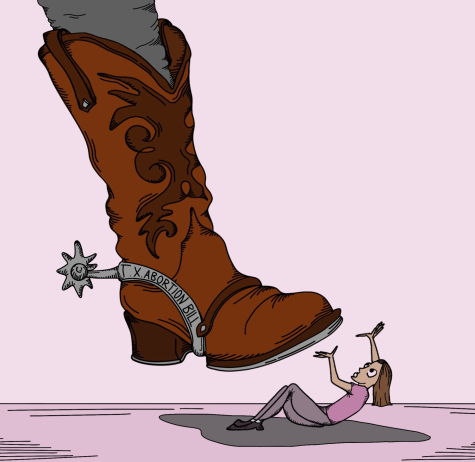Girls worldwide need access to education
Girls and young women in developing countries often face obstacles in attending school.

Tracy Anne Sena | with permission
Although girls in developing countries may attend some elementary school, fewer than 17 percent of girls in Uganda attend high school due to their families’ inability to pay school fees or due to gender stereotyping.
October 1, 2015
Although the stress of schoolwork can seem unbearable to American high school students, girls in developing nations in many African and Middle Eastern countries are being abused or even shot for simply pursuing an education.
Being a part of a community that supports women, advocating for women’s rights is an important part of what we stand for, especially when it involves the education of girls and young women. Supporting the education of women is a vital aspect in defending human rights.
In countries such as Afghanistan, girls are often unable to access a proper education due to strict rules and regimes, while others, such as families in Uganda, simply cannot afford tuition.
Sixty-five million girls all over the world do not attend school, while 116 million female teens have not finished a primary education providing them with necessary skills for work, according to UNESCO.
While boys are often given an opportunity to pursue an education, girls are frequently kept at home to help with chores or prepare for marriage. Boys have more access to a complete education than girls, with the number of girls decreasing as the grades advance, according to the Global Partnership for Education.
Not educating girls and young women leaves them without basic knowledge and skills, making them vulnerable to arranged marriages, poverty, prostitution and unwanted pregnancies.
Educating girls reduces maternal and child deaths, increases work opportunities for women and improves the lifestyle of women and children alike, as well as gives women greater awareness of their rights to avoid discrimination and prevent young births and arranged marriages, according to UNESCO
Countries that promote female education have greater economic growth due to a decreased gender gap that provides more workers, resulting in families’ economic flourishment and an increase in their quality of life, according to UN Women.
The annual Walk for Uganda on Oct. 24 raises money for girls to attend Sacred Heart schools in Uganda and provides them with tuition, room and board, and uniforms. For as little as $700 a year — the equivalent of three days at Convent — girls who otherwise would not receive an education can have a chance at a better life.
We all have the ability to support these young women rather than simply talking about their hardships. To truly embody the goals of the Sacred Heart, taking a part in the walk is a great way to demonstrate our values and encourage the education of women.














